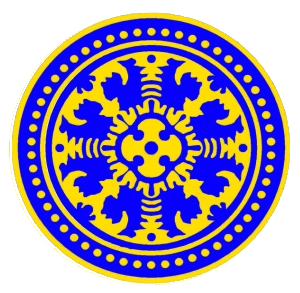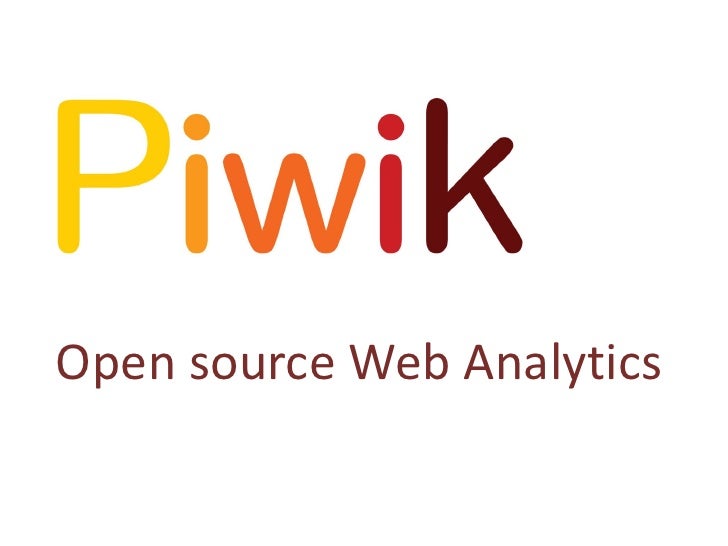PUBLICATION ETHICS AND PUBLICATION MALPRACTICE STATEMENT
MATRIK: Jurnal Manajemen, Strategi Bisnis, dan Kewirausahaan is a peer-reviewed scientific journal that upholds the highest standards of integrity and ethical conduct throughout the publication process. This statement sets forth the ethical responsibilities and professional conduct expected from all parties involved in scholarly publishing—authors, reviewers, editors, and the publisher. These guidelines are adapted from the Committee on Publication Ethics (COPE) Core Practices.
Duties of Authors
- Reporting Standards: Authors must present their research work in a truthful, transparent, and accurate manner. Manuscripts must include sufficient detail and references to permit replication. Falsification, fabrication, or deliberate misrepresentation of data is considered unethical and is strictly prohibited.
- Data Transparency and Accessibility: Authors may be requested to provide underlying data for editorial review. Data should be preserved and made accessible for a reasonable period after publication, in accordance with open science practices and data-sharing policies.
- Originality and Plagiarism: Submitted manuscripts must be original works. Authors must ensure that all sources are properly cited. Plagiarism in any form, including self-plagiarism, is a violation of publication ethics and will result in immediate rejection or retraction.
- Multiple, Redundant, or Concurrent Publications: Authors must not submit the same manuscript to more than one journal concurrently. Manuscripts previously published or under review elsewhere are not acceptable unless disclosed and agreed upon by all parties involved.
- Acknowledgment of Sources: All influential work and sources of data, whether published or unpublished, must be properly cited. Authors must give credit where it is due.
- Authorship and Contributorship: Only individuals who have made substantial contributions to the study should be listed as authors. All listed authors must approve the final version of the manuscript and agree to its submission. Contributions of a more technical or advisory nature should be acknowledged appropriately.
- Hazards and Human/Animal Subjects: Authors must uphold the highest standards of ethical integrity in all aspects of their research. This includes full compliance with relevant ethical guidelines, institutional policies, and legal regulations governing studies involving humans, animals, or sensitive data. Adherence to national and international research ethics codes must be clearly demonstrated.
For studies where formal ethics approval is not required, such as non-interventional research using surveys, interviews, or observations, authors must provide a clear explanation of the data collection process and justify the absence of participant risk.
- Disclosure of Conflicts of Interest: Authors must disclose any financial, institutional, or personal conflicts of interest that may be perceived as influencing the results or interpretation of the research.
- Fundamental Errors in Published Work: Authors are obligated to notify the editorial office promptly if a significant error is discovered in their published work. The journal will facilitate publication of corrections or retractions where necessary.
Duties of Editors
- Publication Decisions: The Editor-in-Chief of the journal holds responsibility for determining the final disposition of manuscripts submitted for publication. This decision is made based on an objective assessment of the manuscript’s scholarly merit, guided by recommendations from peer reviewers and members of the editorial board. In making such decisions, the Editor-in-Chief ensures compliance with prevailing legal and ethical standards, including those related to defamation, copyright infringement, and plagiarism.
- Editorial Independence: Editors must exercise complete independence in the editorial decision-making process. Editorial judgments must not be influenced by commercial interests, institutional affiliations, or policies of the journal’s publisher. Editors are expected to protect the editorial integrity of the journal at all times.
- Fair Play and Non-Discrimination: Manuscripts must be evaluated solely on their scholarly merit, without regard to the authors’ race, gender, ethnicity, religion, political belief, sexual orientation, institutional affiliation, or citizenship.
- Confidentiality and Data Protection: Editors and editorial staff must maintain the confidentiality of all manuscript-related information. No information about a manuscript under consideration may be disclosed to anyone other than the corresponding author, reviewers, potential reviewers, and editorial advisers, as deemed appropriate. This includes the prohibition of using information from unpublished manuscripts for personal or institutional advantage.
- Conflicts of Interest: Editors must recuse themselves from handling manuscripts in which they have conflicts of interest—whether financial, personal, professional, or academic.
Duties of Reviewers
- Contribution to Editorial Decision: Reviewers assist editors in making publication decisions and improving manuscript quality. MATRIK uses a double-blind peer review process.
- Timeliness and Responsiveness: Reviewers are expected to respond to invitations promptly and to complete their reviews within the agreed timeframe. If a reviewer is unable to meet the deadline or feels unqualified to evaluate the manuscript, they must promptly inform the editor so that alternative arrangements can be made.
- Confidentiality: All manuscript content must be treated with the strictest confidentiality. MATRIK adheres to a double-blind peer review process, whereby the identities of both authors and reviewers are concealed. Editors, including the Editor-in-Chief, and peer reviewers must not disclose, discuss, or share any part of the manuscript with anyone outside the editorial process, including the authors, unless explicit permission is granted by the Editor-in-Chief and such disclosure is ethically justified.
- Standards of Objectivity: Reviews must be conducted objectively and respectfully. Critiques should be clearly expressed, evidence-based, and directed at improving the academic quality of the work. Personal criticism of the authors is inappropriate and unacceptable.
- Acknowledgment of Sources: Reviewers are responsible for identifying relevant prior work that has not been cited by the authors. They should notify the editor of any substantial similarity or overlap between the manuscript under review and any other published or submitted works of which they are aware.
- Disclosure and Conflicts of Interest: Reviewers must disclose any potential conflicts of interest—whether financial, professional, or personal—that could affect their impartial evaluation. If such conflicts exist, reviewers must decline the review and inform the editor immediately.
Duties of the Publisher
The Faculty of Economics and Business, Universitas Udayana, as the official publisher of MATRIK: Jurnal Manajemen, Strategi Bisnis, dan Kewirausahaan, is fully committed to upholding its responsibilities across all stages of the publication process. The publisher ensures that editorial independence is respected and that decisions are made solely based on academic merit, free from commercial, political, or institutional influence. The publisher also guarantees that no form of advertising, sponsorship, or financial revenue interferes with editorial integrity or peer review outcomes.
In addition, the publisher actively supports the editorial board in addressing ethical issues, promoting transparency, and fostering scholarly communication. Where necessary, the publisher and editorial team will collaborate with other journals, institutions, and publishing bodies to address cases of misconduct and to promote best practices in academic publishing.
















